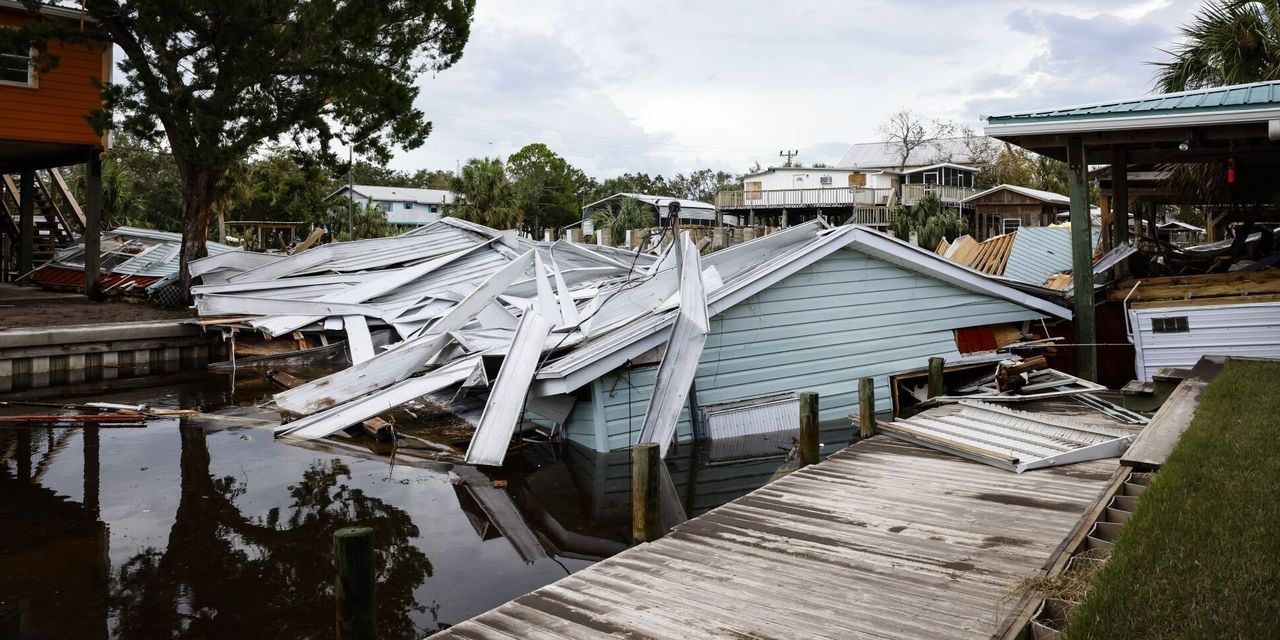Huge losses from national disasters prompt industry to jack up prices and pull back from some markets; ‘worst possible scenario’ for consumers
After Allstate suffered billions of dollars in losses and failed to get the rate increases it wanted, it resorted to the nuclear option.
The insurance giant threatened last fall to stop renewing auto insurance for customers in three states that hadn’t given in to its demands, which would have left those policyholders scrambling for coverage. The states blinked.
In December, New Jersey approved auto rate increases for Allstate averaging 17%, and New York, a 15% hike. Regulators in California are allowing Allstate to boost auto rates by 30%, but still haven’t decided on its request for a 40% increase in home-insurance rates after the insurer refused to write new policies.
For many Americans, getting insurance for both their cars and homes has gone from a routine, generally manageable expense to a do-or-die ordeal that can strain household budgets.



Insurance companies are required to pay out all but 15% as it is, so really, that’s the most it could save, and since a new governing body to handle claims would have to exist, it would require at least 5% to pay staff, so that cuts it down to saving maybe 10 at best over an insurance company.
Right now the nation is supplementing states that have higher storm damage. People living at those rich coastal states that get hit by these storms are paying less than their risk and causing the rest of the nation to pay higher rates because the insurance companies aren’t allowed to charge places like Florida more.
In other words, if insurance went state to state, places like Oklahoma and Missouri would save money due to the lower risk, but places like Florida would have to pay out more than they currently are or the state would lose money in payouts.
So insurance companies wanting to charge Florida and California more isn’t really going to make the insurance companies more money a year. They’re still locked at having to pay out 85% of what they take in to their insured customers. It would actually mean that the insurance company wouldn’t have to inflate prices they charge to all the rest of the country in order to supplement the customer’s they have in the states in high damage areas. I’d be all for it, since I don’t live in a warm state with a beach. It’s not right that I don’t get a day trip to the ocean, but I have to pay the higher insurance rates for the people who do.